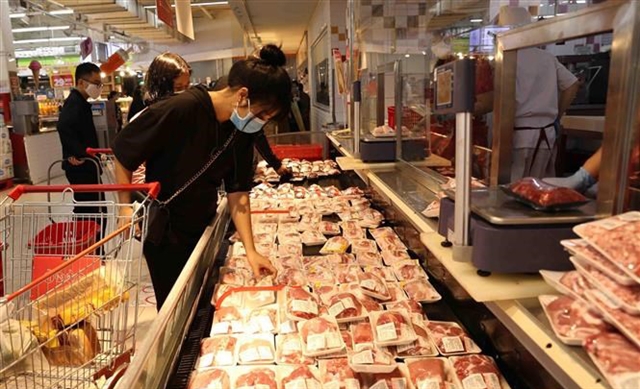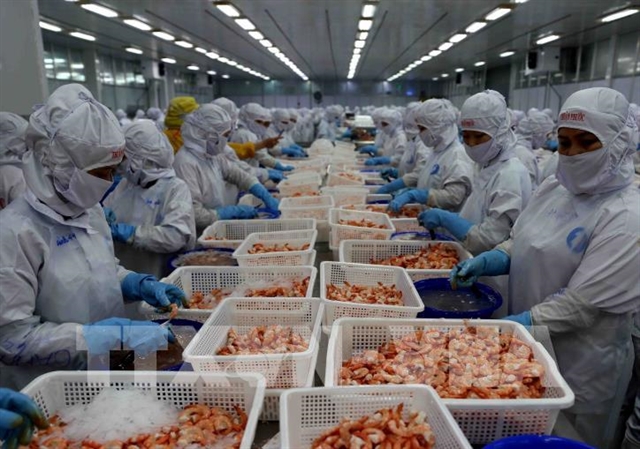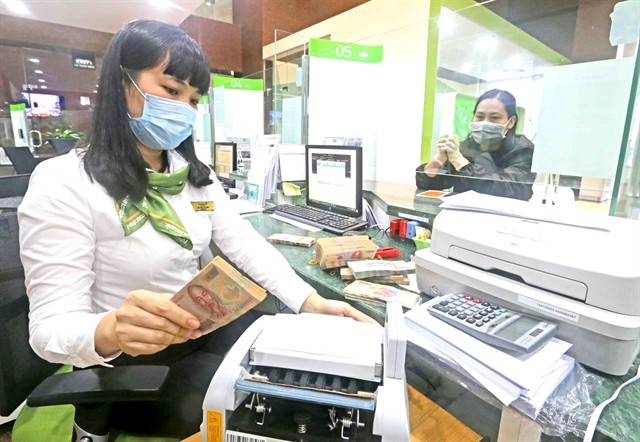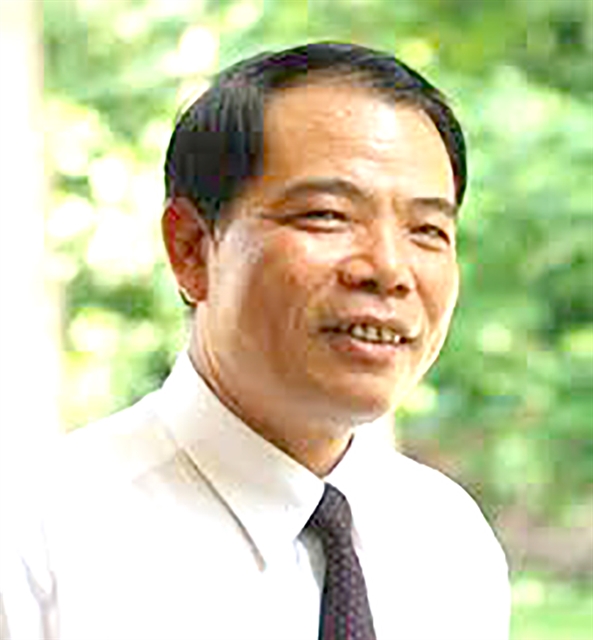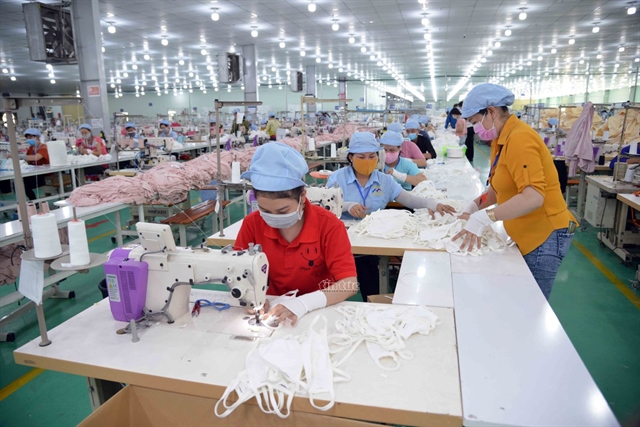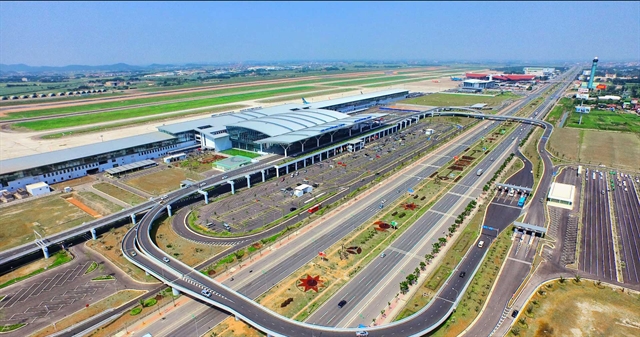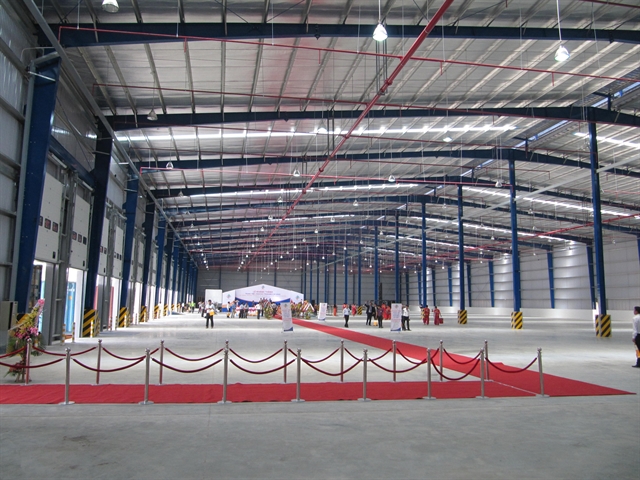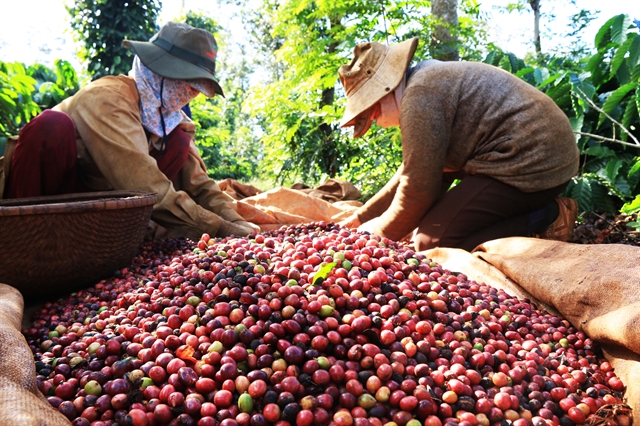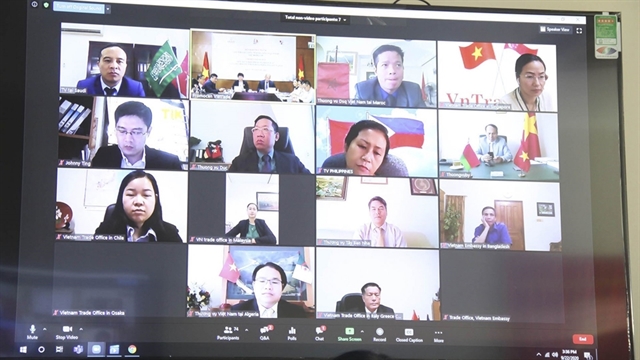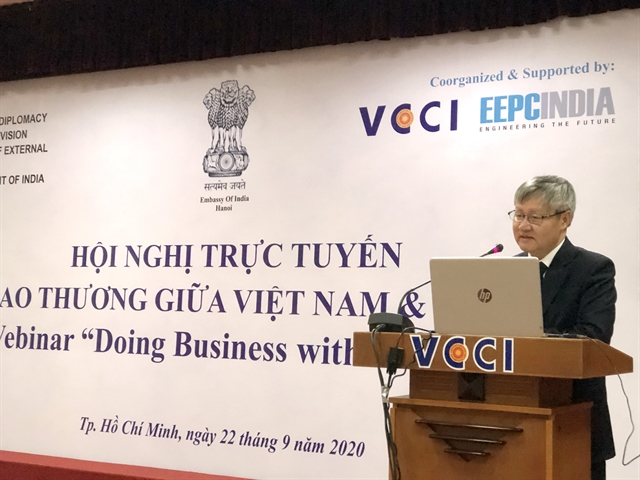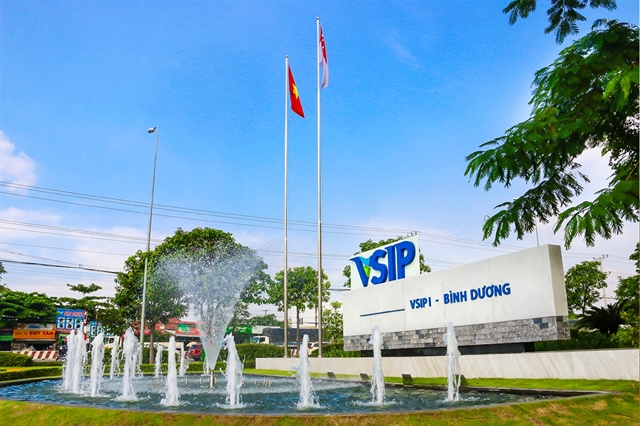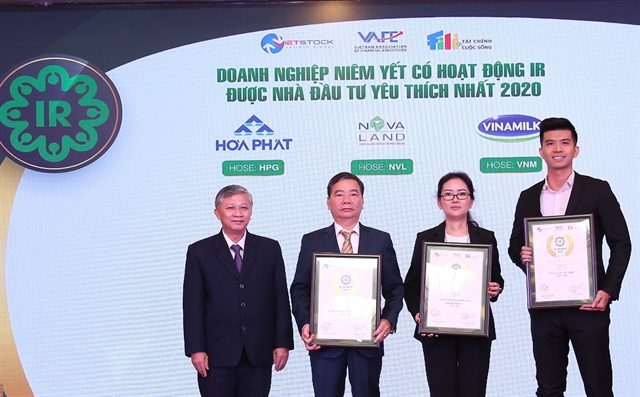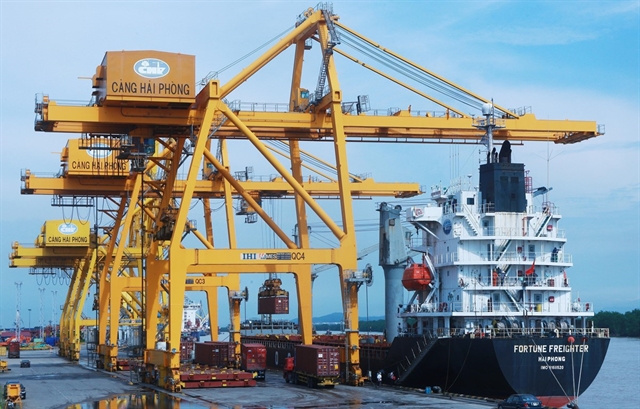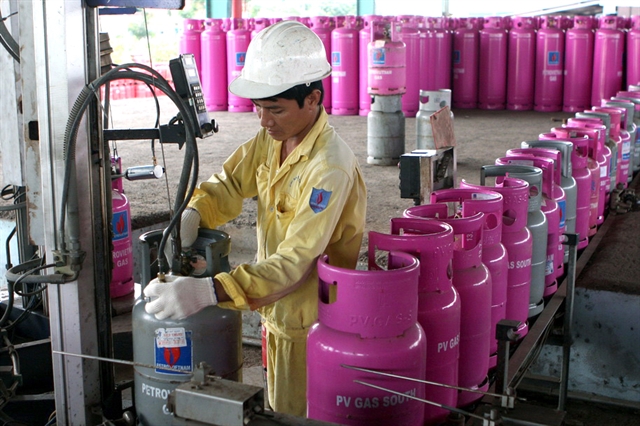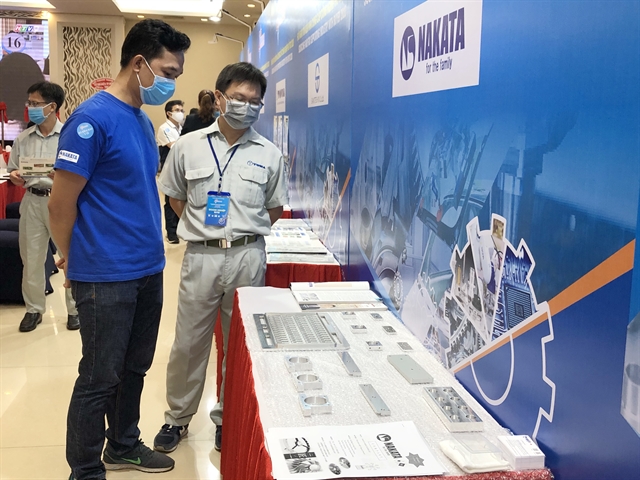
Xuân Hương
HCM CITY — Foreign manufacturers who have factories in Việt Nam are increasingly looking for local parts suppliers to optimise their production costs, according to the Centre for Supporting Industries Development in HCM City.
Lê Nguyễn Duy Oanh, its deputy director, said notable among them is the global cordless power equipment and floor care company, Techtronic Industries Co. Ltd. (TTI), which recently invested US$650 million in the Saigon High-Tech Park and is looking for 200 local suppliers within a year.
It has so far identified around 50.
“The city Department of Industry and Trade is actively connecting supporting industry firms in the city and neighbouring provinces with TTI.”
At the Sourcing Fair for Supporting Industry held in HCM City last week, 14 foreign manufacturing companies in the electronics, mechanical engineering and hi-tech medical sectors, including Samsung Electronics, Remote Solution, TTI, Panasonic, Bosch, Juki, Nakata Microtechnology, Sankitech, and Won Seal Tech, displayed more than 400 component and part clusters for which they sought local suppliers.
Panasonic is expected to open its seventh factory in Việt Nam this month or next to manufacture ceiling and electronic fans and other products.
Its factories have made diverse products, ranging from television sets, air-conditioners and refrigerators to electric home appliances, thus opening a wide door for qualified local parts suppliers.
Hoàng Thu Thủy, head of Global Procurement Group at Panasonic Vietnam Co., Ltd, said, “We have seven factories in Việt Nam, so developing local suppliers is one of our strategies.”
Panasonic’s use of local parts is around 35 per cent in terms of value though Vietnamese firms account for less than 10 per cent, she said.
She said her company wants to find Vietnamese suppliers, especially for key products that have high value and would help reduce logistics and production costs.
Oanh said: “After three [years] of the Sourcing Fair for Supporting Industry, some 45 Vietnamese supporting industry enterprises have become suppliers to large manufacturing groups.
“Enterprises such as Hiệp Phước Thành, Nhật Minh and Tiến Thịnh have received many orders from a number of large manufacturers and plan to open more factories.”
Tống Viết Cường, director of Hiệp Phước Thành Production Co., Ltd., said his company is supplying supporting industry products to many global corporations such as Samsung, Toyota, Honda, and Panasonic, with a focus mainly on moulding and plating items.
Cường said to receive orders from such companies, in addition to meeting many criteria in terms of quality and prices, vendors must also meet corporate social responsibility and on-time delivery requirements.
Foreign firms have very transparent requirements when seeking suppliers, he said.
Suppliers need to adjust internal production capacity to suit their requirements, a process that takes a lot of time and costs, but once they are accepted by foreign firms, they would have steady orders, he said.
Challenges
Lê Bích Loan, deputy head of the SHTP management, said: “Faced with an interruption in feedstock imports due to the Covid-19 pandemic, many foreign companies are increasingly seeking local sources.
“This will be an unprecedented opportunity for local firms in the supporting industries to enter the supply chains of foreign firms.”
But Vietnamese firms still supply only simple products without high value addition, not core ones.
There is a great opportunity for local firms to participate in global supply chains, and they need to make an effort to grasp it, she said.
The majority of domestic supporting industry enterprises are small with limited resources and limitations in respect of production scale and cost control, and so it is not easy for them to do so, she said.
To improve this, both Oanh and Loan said enterprises themselves must make more efforts and need to change their management mindset, while more support is also needed from authorities agencies and banks.
“It is not too difficult for local firms to meet quality standards to enter global supply chains, and the only question is if their managements are really determine to do so,” Oanh said.
Many foreign corporations are committed to sending experts to help Vietnamese firms improve their production capacity, reduce the rate of defective goods and mitigate weaknesses in their management, she added. — VNS
